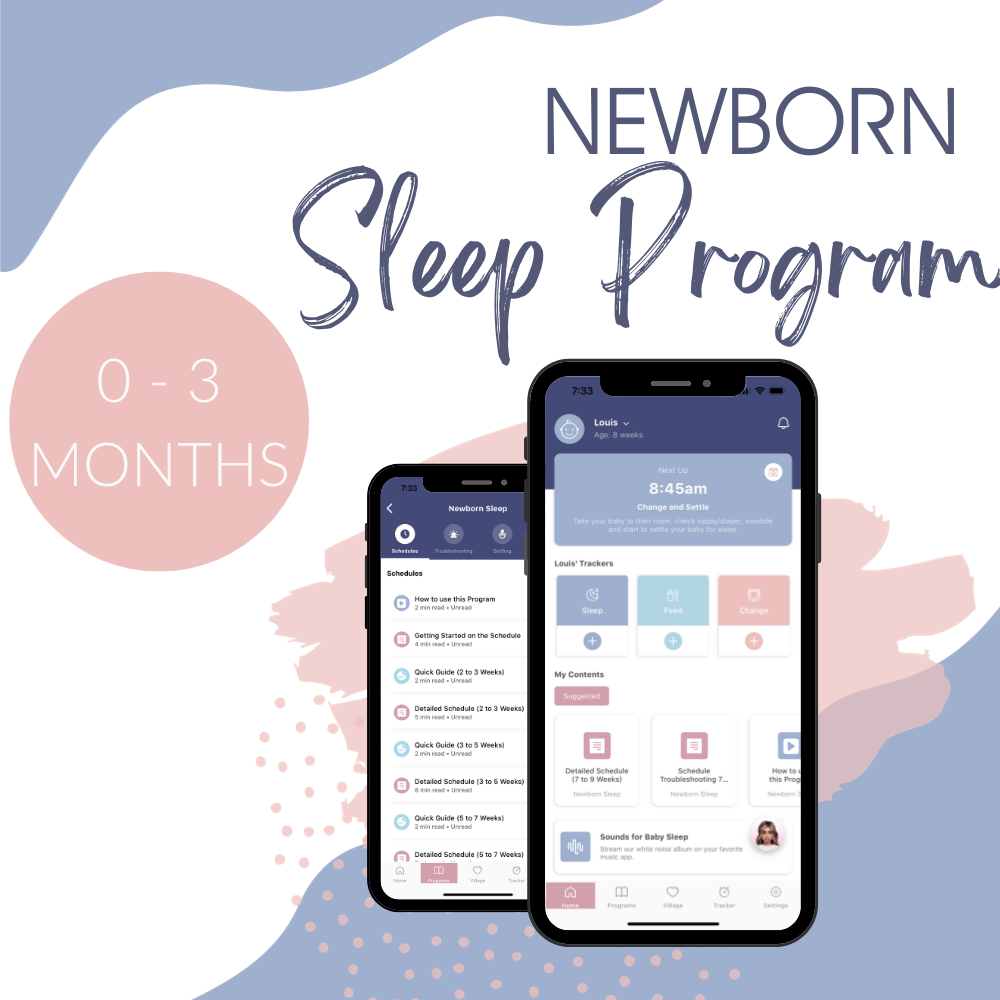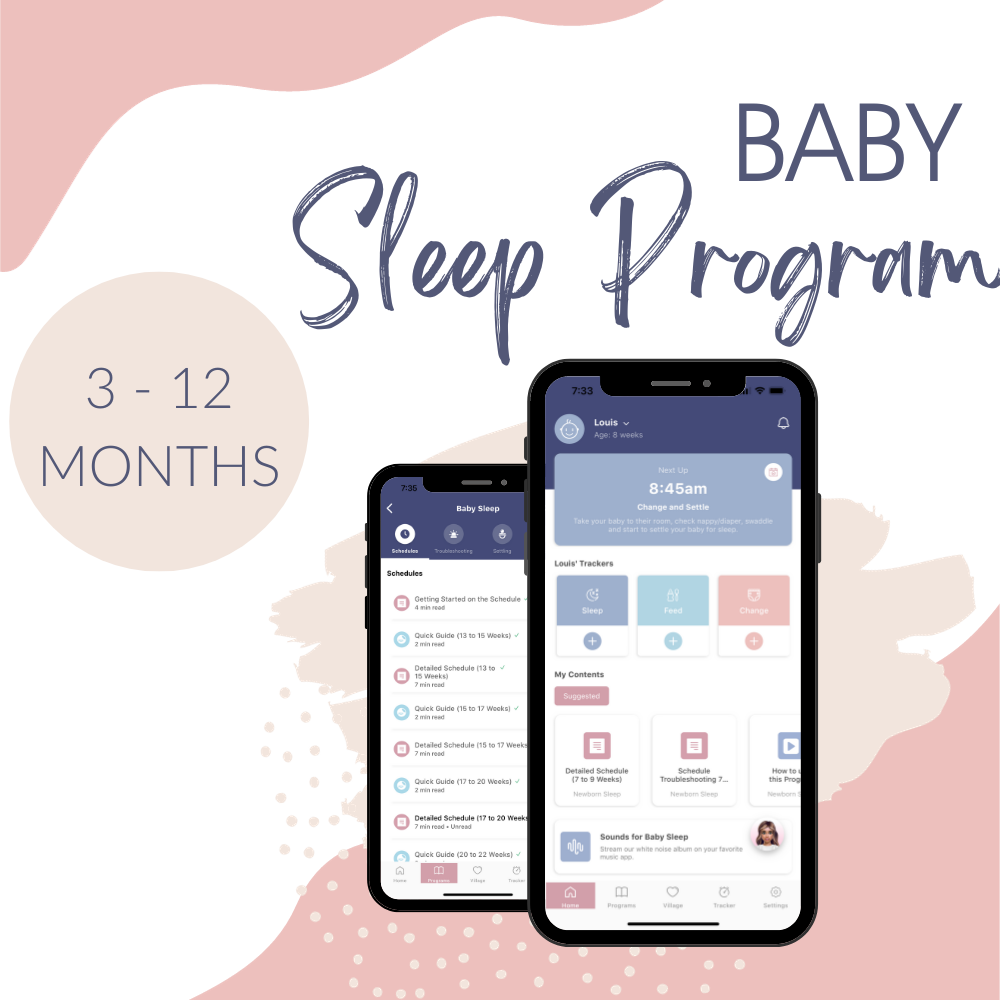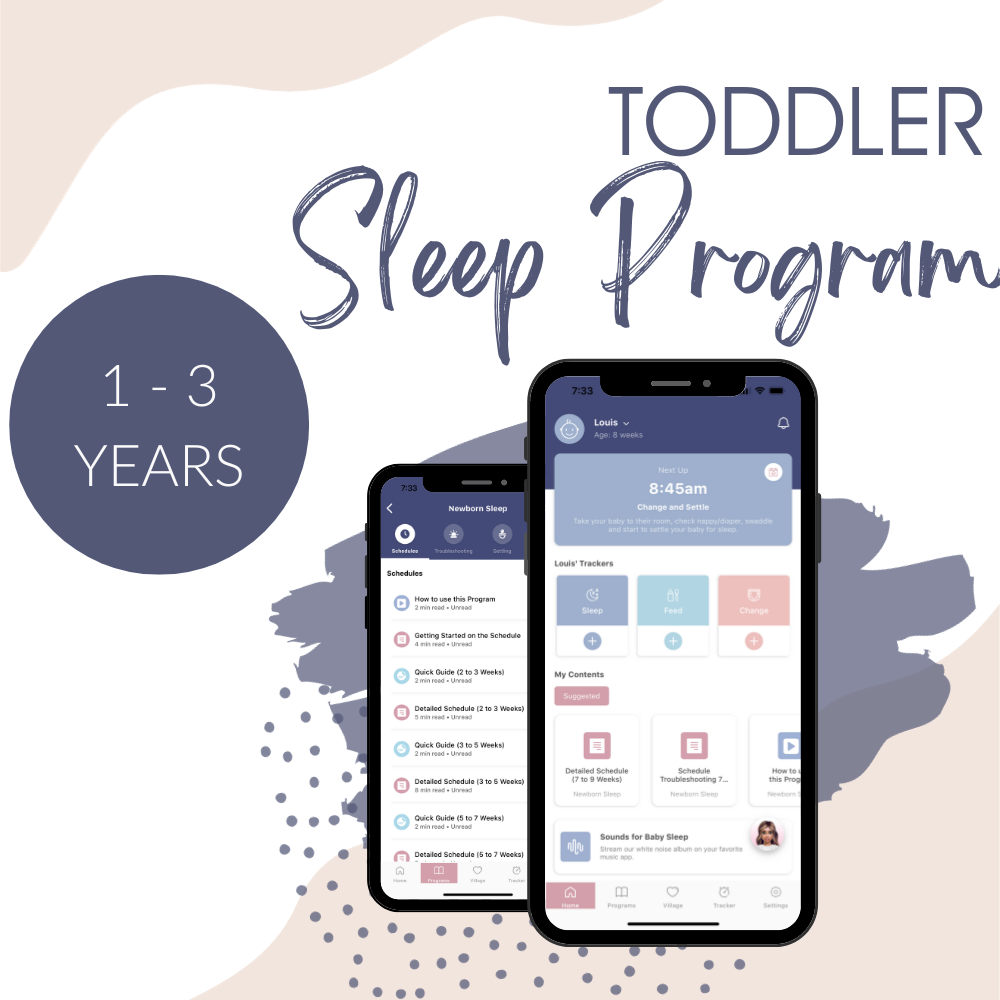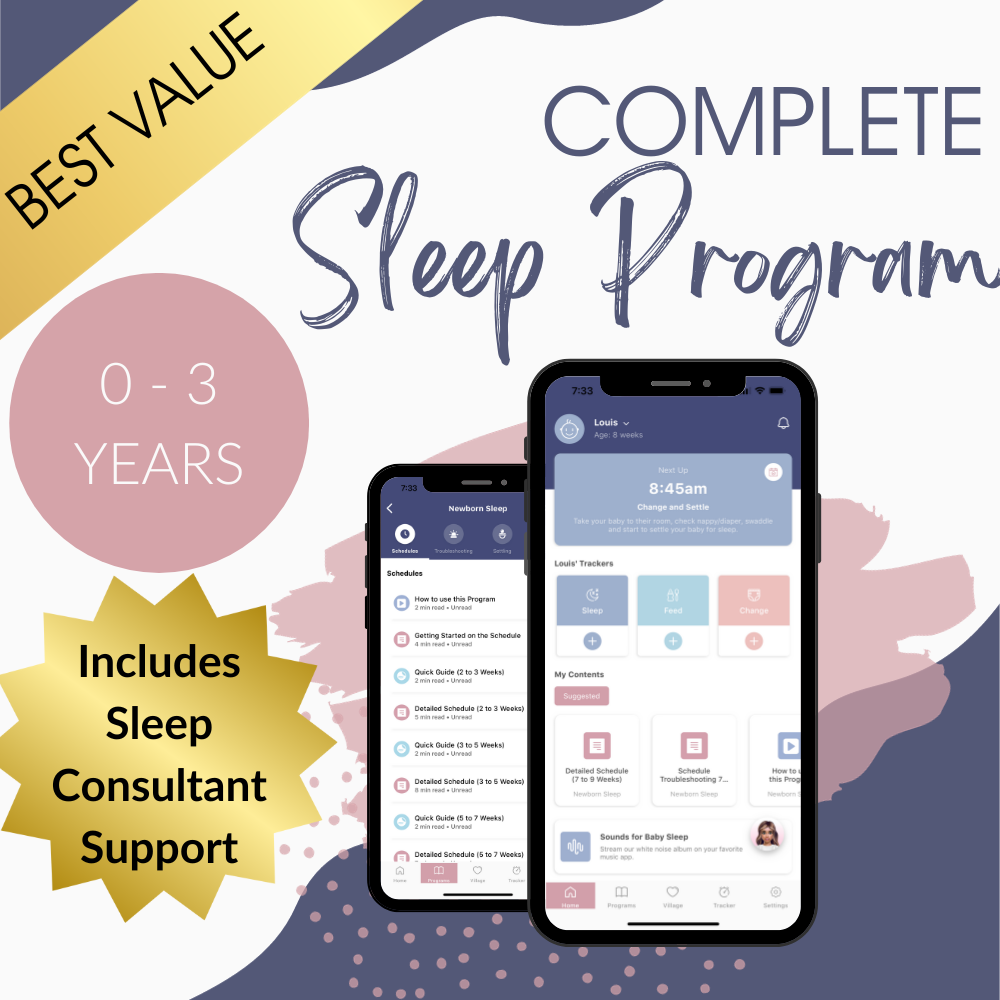
Sleep Guide for Parents with 2 Month Old Babies
As parents, there are few topics more elusive than the sleeping habits of our little ones. From the moment they arrive, it seems like the quest for a good night's sleep becomes a top priority. At two months old, babies are still navigating their way through the world, and sleep patterns can seem erratic and unpredictable. In this article, we'll explore the fascinating world of baby sleep at the two-month mark and provide some tips and insights for parents.
Understanding Your 2 Month Old's Sleep Patterns
At two months old, your baby is still in the midst of adjusting to life outside the womb. While newborns sleep for most of the day in short bursts, by the time they reach the two-month mark, they will begin to develop more recognizable sleep patterns.
On average, two-month-old babies sleep around 16 hours a day, broken up into several naps and nighttime sleep. During this stage, babies typically start to distinguish between day and night, gradually developing a more regular sleep-wake cycle, assisted by the need to produce their own melatonin, rather than rely on the maternal melatonin supply that has fully reduced by this age.
Feeling confused about your baby's sleep needs?
Let our sleep experts help you every step of the way. Together we can solve your little one's sleep challenges
Get support
Your 2 Month Old Baby's Day
At this age your baby should be staying awake for close to 2 hours between naps. This may seem like a lot longer than you'd previously been aiming for, but we guarantee its the perfect amount of time to lead to easier settling and better sleep overall. Quite often a lot of sleep problems arise at this age simply because parents are still aiming for very newborn sleep patterns and don't realise their baby's sleep needs have changed dramatically in such a short time.
At 2 months, you should be aiming for 3 pretty consistent naps during the day. We'd recommend a nap pattern of short-long-short naps, focussing on getting a decent 2 hour nap happening across the middle of the day with shorter naps either side of it.
During your little one's awake periods, ensure they have plenty of feed opportunities. We would advise feeding your baby when they wake from a nap rather than directly before going to sleep as they'll take a better feed when rested and fresh, and you don't run the risk of developing a feed-to-sleep habit, which will be very hard to break later on.
Some other age-appropriate activities to do during their awake periods are:
- reading bright colourful or high contrast books
- taking your baby outside
- outings
- tummy time
- singing or talking to your baby
Your Baby's Night Sleep
It's completely normal for two-month-old babies to wake during the night for feeding. If your little one is in the ideal daytime routine, you could be having just 1 or 2 night wakes at this age. This will be dependent on them having the right amount of awake time during the day, not napping too much or too little, and also consuming enough calories during the day.
Here are some tips for managing night wakings:
- Keep Night Feedings Calm and Quiet: When your baby wakes for a nighttime feeding, keep the environment calm and dark or dimly lit. Do not take your baby out into a bright room! Minimize stimulation to help your baby drift back to sleep more easily once they've been fed.
- Wind Your Baby: Babies still need to be well winded at night, or they'll wake uncomfortable about 20 minutes after falling asleep.
- Diaper Changes: Only change their diaper if necessary - and if you have to, do it before feeding your baby as it'll wake them up a lot!
Tips for Promoting Healthy Sleep Habits
Here are some strategies parents can employ to help encourage healthy sleep habits for naps as well as night sleep:-
Establish a Sleep Routine: Consistency is key when it comes to sleep. Create a calming routine that signals to your baby that it's time to wind down. We would suggest a small routine prior to naps and a slightly longer one in the evening before bedtime. This could include activities such as a warm bath, gentle massage, reading a book, or singing a lullaby.
-
Create a Sleep-Friendly Environment: Make sure your baby's sleep environment is conducive to rest. Keep the room very dark with no nightlights or bright distractions and at a comfortable temperature. We always encourage the use of white noise as it is a great and easy tool to mask outside sounds and promote sleep.
-
Use a Swaddle: Babies this age definitely sleep better when swaddled. This replicates the nice snug feeling they're used to in the womb and helps them to feel calm and secure.
- Manage Daytime Naps: Ensuring your baby gets the right amount of daytime sleep will help them sleep better at night. It is important to know the correct nap timings and lengths for your little one's age and also the right amount of time they can be awake for between naps (we call this "awake time"). Your baby being overtired or undertired can lead to poor night sleep.
- Practice Safe Sleep Practices: Always follow safe sleep guidelines to reduce the risk of Sudden Infant Death Syndrome (SIDS). This includes placing your baby on their back to sleep, using a firm mattress with a fitted sheet, and avoiding soft bedding, pillows, and stuffed animals in the crib.
I want more sleep!
If you need a hand with tackling your baby’s settling and sleep, our Sleep Programs will give you big improvements in under 2 weeks.
Buy Now
Conclusion
Navigating the world of baby sleep at the two-month mark can be challenging, but with patience, understanding, and a bit of trial and error, you'll find what works best for you and your little one. Before you know it, you'll be both sleeping soundly through the night.





